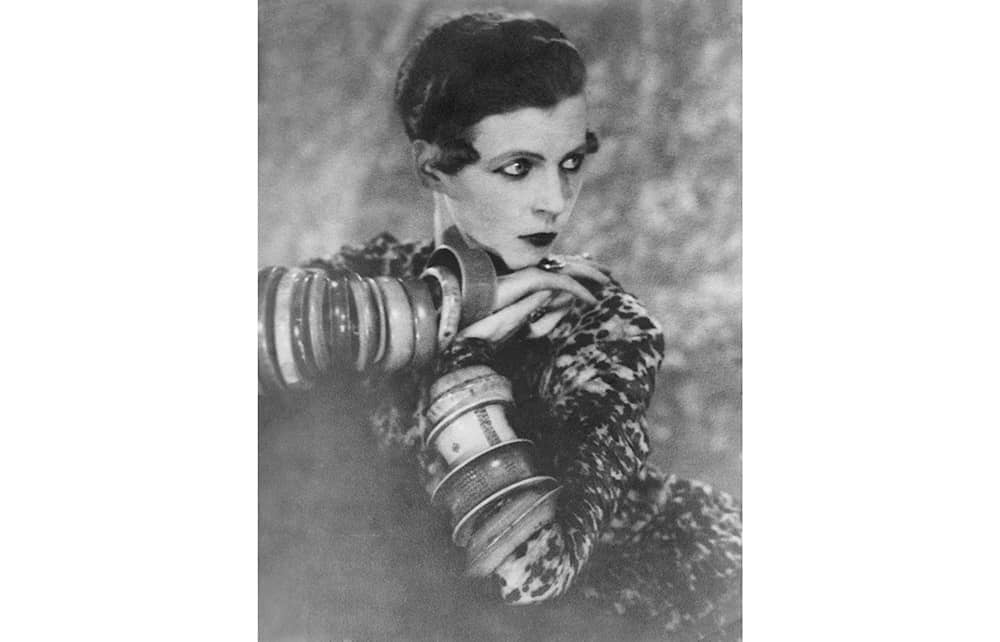The title of Anne de Courcy’s riveting new book might give the impression that Nancy Cunard had no more than five lovers. In fact she had many, many more.
Born in 1896, Nancy was the only child of fantastically ill-matched parents. Her mother, Maud – she later changed her name to Emerald – was an American heiress and socialite. Her father, Sir Bache Cunard, was a fox-hunting squire busily engaged in spending the fortune he inherited as the grandson of the founder of the shipping line. Maud neglected Nancy, leaving her in the charge of an odious governess. The only person who had any time for the lonely little girl was the writer George Moore, her mother’s lover. Some said he was Nancy’s father, but this seems unlikely. He was Nancy’s faithful friend, for whom she had a lifelong affection – the friendship of the book’s title.
When Nancy was 11 her mother fell in love with the conductor Sir Thomas Beecham and left Sir Bache to move to London, where she embarked on an ambitious career as a leading society hostess. Nancy was sent to Miss Wolff’s school in South Audley Street, and then ‘finished’ in Munich, Paris and Venice. She made friends with the children of the Souls and was seen everywhere with Lady Diana Manners (later Cooper). As de Courcy points out, the two girls loved to shock, but there was a difference between them. Diana flouted convention in order to attract attention; for Nancy, the revolt went deeper, fuelled by a simmering resentment against her mother and all that the Edwardian generation stood for.
When drunk she would hit her lover with her braceleted arm, inflicting painful injuries
To escape Maud’s control, Nancy made a hasty wartime marriage to a cricket-playing army officer named Sydney Fairbairn who had been wounded at Gallipoli.






Comments
Join the debate for just £1 a month
Be part of the conversation with other Spectator readers by getting your first three months for £3.
UNLOCK ACCESS Just £1 a monthAlready a subscriber? Log in